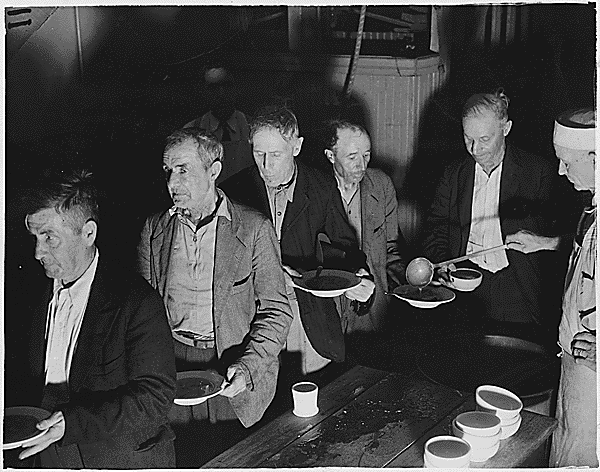Giving is good, but all giving is not equal. From the moral philosopher Peter Singer in the New York Times:
“Suppose your local art museum is seeking funds to build a new wing to better display its collection. The museum asks you for a donation for that purpose. Let’s say that you could afford to give $100,000. At the same time, you are asked to donate to an organization seeking to reduce the incidence of trachoma, an eye disease caused by an infectious micro-organism that affects children in developing countries. Trachoma causes people to slowly lose their sight, typically culminating in their becoming blind between 30 and 40 years of age. It is preventable. You do some research and learn that each $100 you donate could prevent a person’s experiencing 15 years of impaired vision followed by another 15 years of blindness. So for $100,000 you could prevent 1,000 people from losing their sight.
Given this choice, where would $100,000 do the most good? Which expenditure is likely to lead to the bigger improvement in the lives of those affected by it?
On one side we have 1,000 people spared 15 years of impaired vision followed by 15 years of blindness, with all the ensuing problems that that would cause for poor people with no social security. What do we have on the other side?
Suppose the new museum wing will cost $50 million, and over the 50 years of its expected usefulness, one million people will enjoy seeing it each year, for a total of 50 million enhanced museum visits. Since you would contribute 1/500th of the cost, you could claim credit for the enhanced aesthetic experiences of 100,000 visitors. How does that compare with saving 1,000 people from 15 years of blindness?
To answer, try a thought experiment. Suppose you have a choice between visiting the art museum, including its new wing, or going to see the museum without visiting the new wing. Naturally, you would prefer to see it with the new wing. But now imagine that an evil demon declares that out of every 100 people who see the new wing, he will choose one, at random, and inflict 15 years of blindness on that person. Would you still visit the new wing? You’d have to be nuts. Even if the evil demon blinded only one person in every 1,000, in my judgment, and I bet in yours, seeing the new wing still would not be worth the risk.”
Tags: Peter Singer

